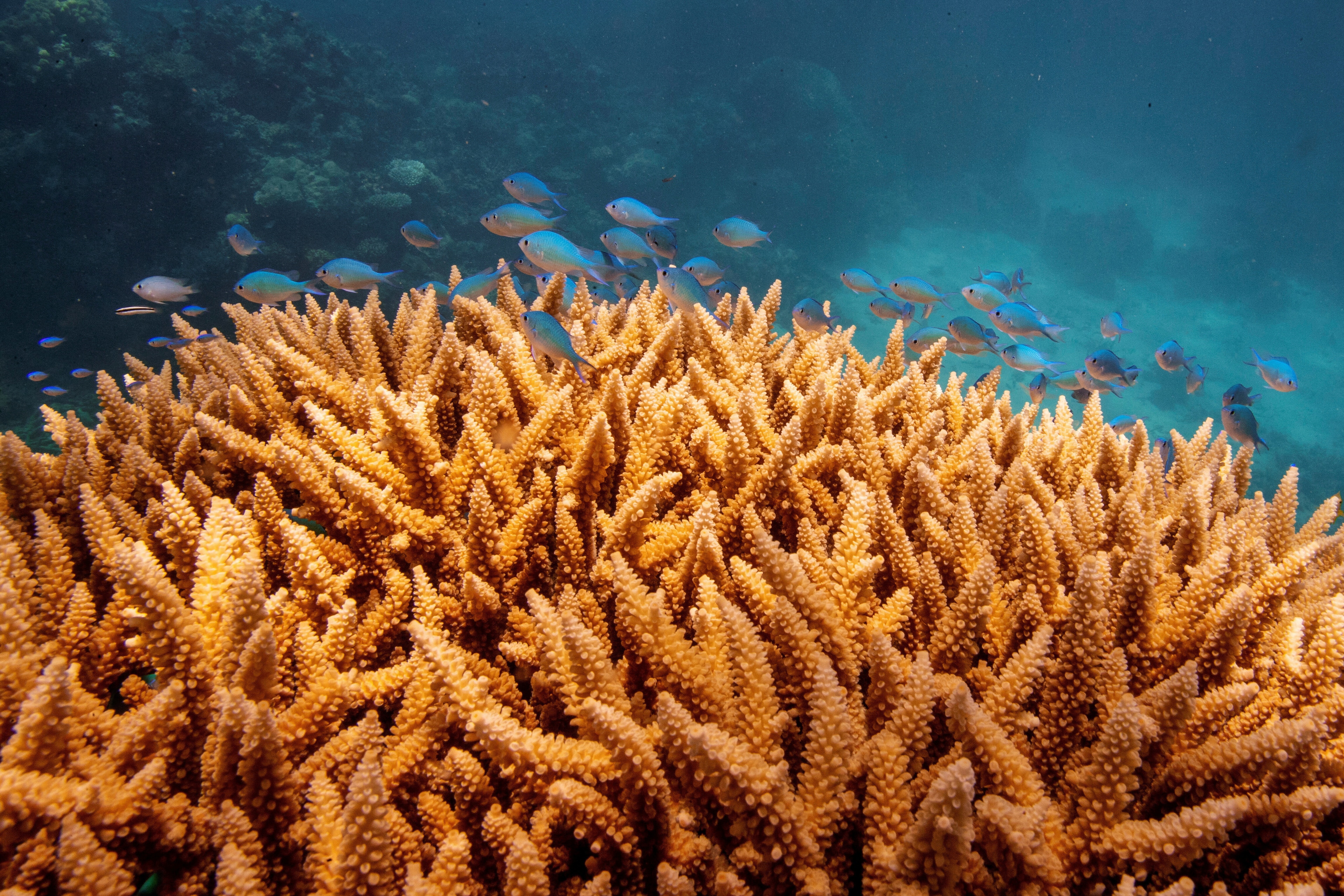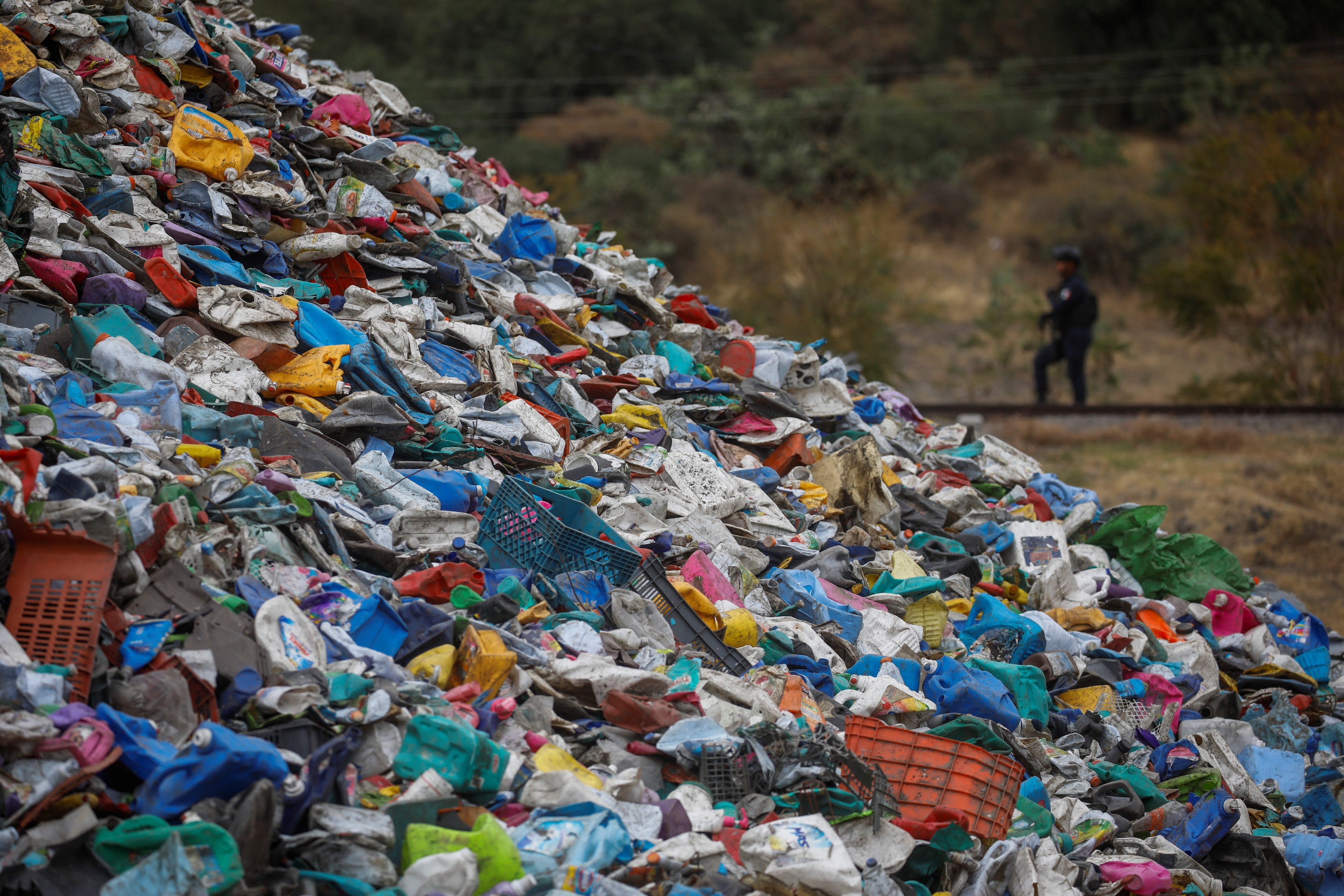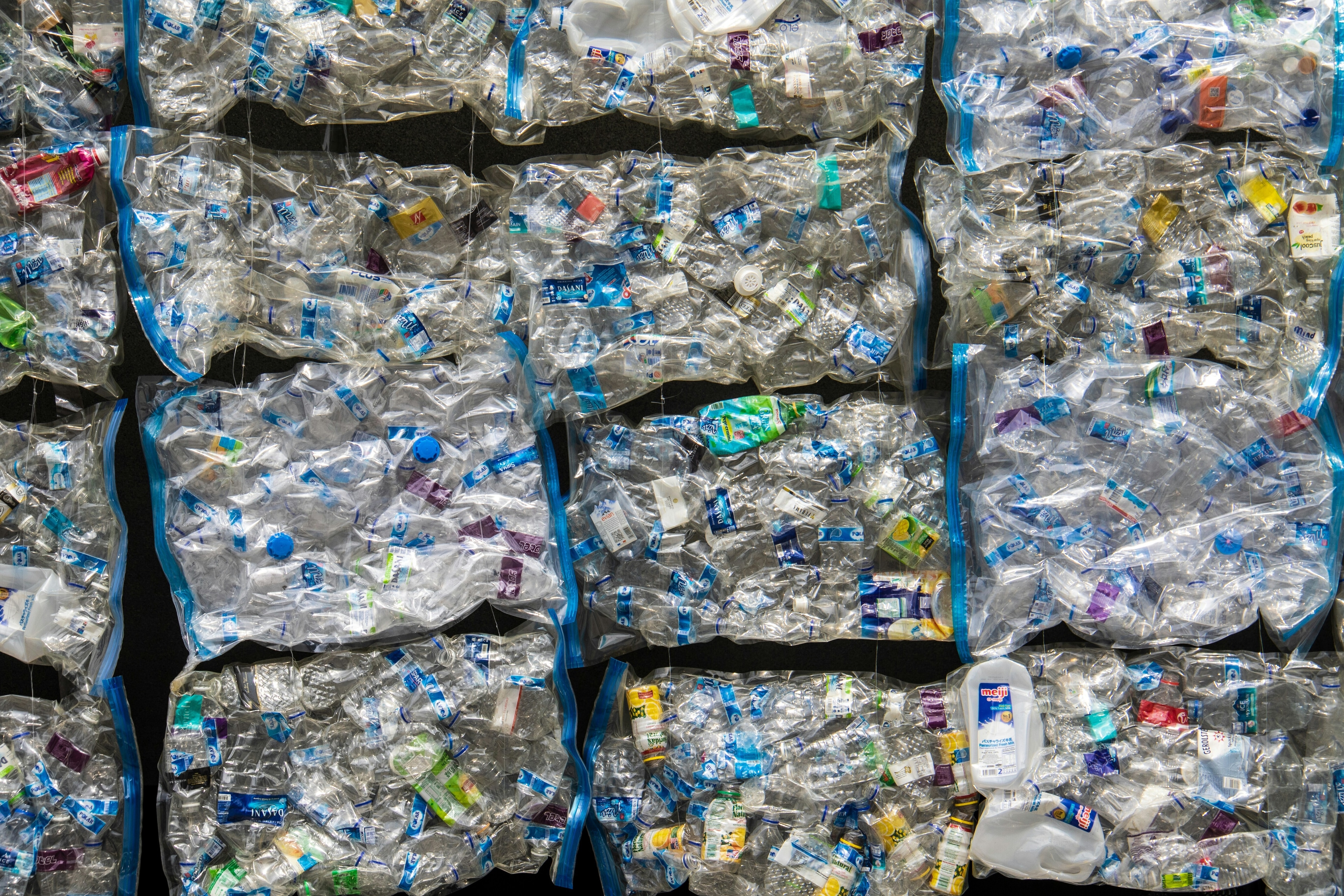Ban these companies from advertising, says UN chief, and other nature and climate stories you need to read this week

In a speech in New York on 5 June, UN Secretary-General António Guterres called coal, oil and gas corporations the “godfathers of climate chaos”.
Image: REUTERS/Amr Abdallah Dalsh
- This weekly round-up contains the key nature and climate news from the past week.
- Top nature and climate news: Ban fossil fuel companies from advertising, says UN chief; Increase in tropical cyclones could make seabird species extinct; Global clean energy investment to be nearly double that of fossil fuels this year.
1. Ban fossil fuel companies from advertising, says UN chief
Fossil fuel companies should be banned from advertising to help tackle the climate crisis, says the head of the United Nations.
In a speech in New York on 5 June, UN Secretary-General António Guterres called coal, oil and gas corporations the “godfathers of climate chaos” and called on the media to stop enabling “planetary destruction” by taking fossil-fuel advertising money. Guterres warned that the world faces “climate crunch time” in its faltering attempts to stop the crisis.
“Many governments restrict or prohibit advertising for products that harm human health, like tobacco,” he said. “I urge every country to ban advertising from fossil-fuel companies. And I urge news media and tech companies to stop taking fossil-fuel advertising.”
While delivering his special address on climate action from the American Museum of Natural History, Guterres also announced new data from the World Meteorological Organization (WMO) which shows there is an 80% chance the global average temperature will be more than 1.5C above pre-industrial levels in at least one of the next five years.
The WMO report, the Global Annual to Decadal Climate Update, also says “the chance of at least one year exceeding the warmest year on record, 2023, in the next five years is 86%”.
Accept our marketing cookies to access this content.
These cookies are currently disabled in your browser.
2. Increase in tropical cyclones could make seabird species extinct, say scientists
Three seabird species could become extinct due to an increase in tropical cyclones caused by global warming, says a new study.
Up to 90% of three seabird populations – the Masked Booby, Brown Booby, and Lesser Frigatebird – were killed when Cyclone Ilsa, a category-5 tropical cyclone, hit Bedout Island in Western Australia in April 2023.
The study, published in the journal Communications Earth & Environment, said this level of loss could lead to extinction for the species as the cyclones not only kill the majority of the population but also disrupt breeding cycles.
How is the World Economic Forum fighting the climate crisis?
“The frequency and intensity of such storms is likely approaching a threshold beyond which Bedout’s seabirds cannot readily recover, with cyclones hitting the island, on average, every seven years in recent decades,” says the study.
Lead author of the report, Dr Jennifer Lavers, a researcher at the Natural History Museum, told The Guardian newspaper: “While Bedout may be one small island in a remote area of Australia, there’s so much we can learn from what happened here.
“More than 20,000 animals were lost in the blink of an eye,” she said. “Surveys of the island over three months make it clear recovery will be slow and likely interrupted by another cyclone event.”
3. News in brief: Other top nature and climate stories this week
Global clean energy investment will be nearly double the amount of money pumped into fossil fuels this year, according to a new International Energy Agency report. World Energy Investment 2024 says total investment will surpass $3 trillion for the first time in 2024, and $2 trillion of that will be in green technologies such as electric vehicles, low-emissions fuels and heat pumps.
Four times more carbon emissions must be removed from the world in order to meet climate goals, according to a new study. The State of Carbon Dioxide Removal report – co-led by University of Oxford researchers – found that it will be necessary to remove 7 to 9 gigatonnes of carbon from the atmosphere each year by 2050 to meet the Paris Agreement goal of limiting global heating to 1.5C. Current levels of carbon removal stand at 2GT a year.
A severe drought across Mexico has been blamed for the death of thousands of fish at a lagoon in the northern state of Chihuahua. Temperatures have climbed above 40C and drought is afflicting nearly 90% of the country, the highest rate since 2011, reports Reuters. Irma de la Pena, head of the Ecology Department in the city of Cuauhtémoc, said there was much less water in the lagoon for the fish to live in, and the remaining water was of poor quality.
A pandemic that wiped out sea urchin populations in the Red Sea has spread and could go global, scientists have warned. The sea-borne pandemic, which has killed a particular species of sea urchin that protects coral reefs, was first spotted in the Gulf of Aqaba a year ago. It is now plaguing parts of the Indian Ocean and is heading towards the Coral Triangle, which includes Australia's Great Barrier Reef, reports Reuters.
More on the nature and climate crisis on Agenda
Extreme heat in South Asia disproportionately impacts vulnerable communities. Here's why climate finance is key to fighting adverse effects.
To ensure a safe water future for all, more investment in water is needed globally, but long buying cycles, risk-averse institutions and complex regulations are putting potential investors off. Now the World Economic Forum has co-published a guide designed to demystify water investment.
Around 600 million additional housing units need to be constructed to meet the UN Sustainable Development Goals by 2030. Here’s how low-carbon cement can help achieve this goal.
Accept our marketing cookies to access this content.
These cookies are currently disabled in your browser.
More on Nature and BiodiversitySee all
Tom Crowfoot
August 12, 2025
Pedro Gomez and Clemence Schmid
August 6, 2025
Tom Crowfoot
August 5, 2025


